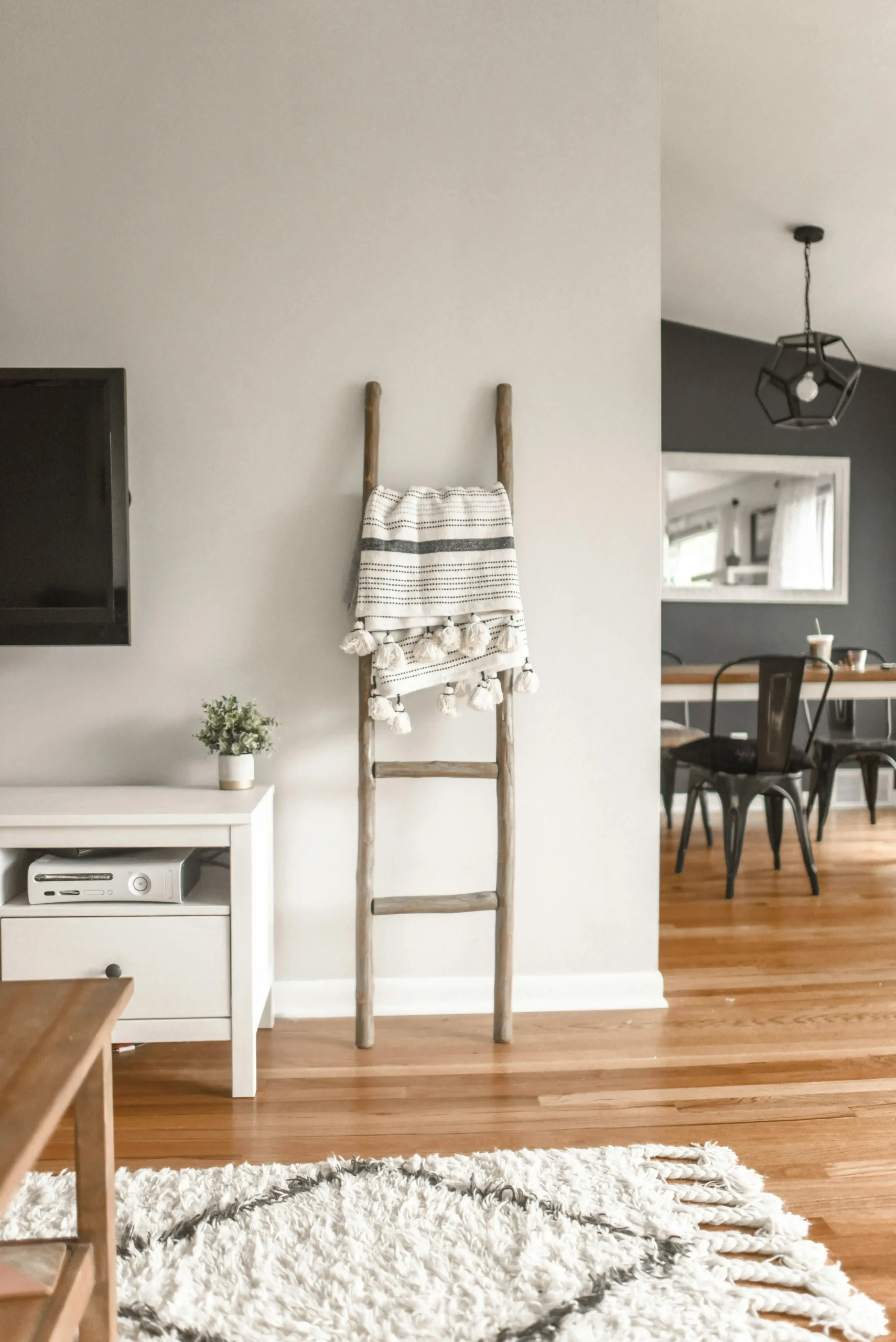
The Impact of Flooring on Norwalk Home Energy Efficiency
In the pursuit of creating comfortable and energy-efficient homes, every detail matters. From insulation to appliances, homeowners are constantly seeking ways to reduce energy consumption and lower utility bills. However, one aspect that is often overlooked but plays a significant role in energy efficiency is flooring. In this blog, we will explore how the choice of flooring can impact the energy efficiency of homes in Norwalk, CT, and surrounding areas served by All Hardwood Floors.
Understanding Energy Efficiency
Before delving into the specifics of flooring, let’s first understand what energy efficiency entails. Energy-efficient homes are designed to minimize energy consumption while maintaining optimal comfort levels. This includes reducing heat loss in winter and heat gain in summer, ultimately leading to lower energy bills and a reduced environmental footprint.
Insulation Properties of Flooring
One of the key ways flooring impacts energy efficiency is through its insulation properties. Certain types of flooring materials provide better insulation, helping to maintain consistent indoor temperatures throughout the year. For example, hardwood flooring has natural insulating properties that can help retain heat during the colder months, reducing the need for constant heating. Similarly, carpeting acts as an additional layer of insulation, preventing heat loss through the floors.
Choosing the Right Flooring Materials
When it comes to maximizing energy efficiency in Norwalk homes, the choice of flooring materials is crucial. Hardwood floors, particularly engineered hardwood, are a popular choice for their insulating properties and timeless appeal. Additionally, laminate flooring offers excellent thermal resistance, making it a cost-effective option for energy-conscious homeowners.
For areas that experience high foot traffic or moisture, luxury vinyl plank (LVP) flooring is a durable and energy-efficient solution. LVP not only provides insulation but also offers superior resistance to heat transfer, helping to maintain comfortable indoor temperatures year-round.
The Role of Installation
In addition to the type of flooring material, proper installation is essential for maximizing energy efficiency. Poorly installed flooring can result in gaps or uneven surfaces, allowing heat to escape and compromising insulation. By hiring professional installers, such as All Hardwood Floors, homeowners can ensure that their flooring is installed correctly, minimizing energy loss and maximizing efficiency.
Additional Tips for Energy-Efficient Flooring
In addition to choosing the right flooring materials and ensuring proper installation, there are several other tips for improving energy efficiency through flooring:
Area Rugs: Placing area rugs strategically can help insulate floors and reduce heat loss in specific areas of the home.
Underfloor Heating: Consider installing underfloor heating systems, which can be paired with various types of flooring to provide efficient and comfortable heating.
Sealing Gaps: Regularly inspect flooring for gaps or cracks and seal them to prevent drafts and heat loss.
Window Treatments: Pair energy-efficient flooring with insulated window treatments to further reduce heat transfer and improve overall insulation.
The choice of flooring can have a significant impact on the energy efficiency of Norwalk homes. By selecting the right materials, ensuring proper installation, and implementing additional energy-saving measures, homeowners can create comfortable and environmentally-friendly living spaces while reducing utility costs.
At All Hardwood Floors, we understand the importance of energy efficiency and offer a wide range of flooring options tailored to the needs of Norwalk, CT, and surrounding areas. Contact us today to learn more about our products and services and take the first step towards a more energy-efficient home.





